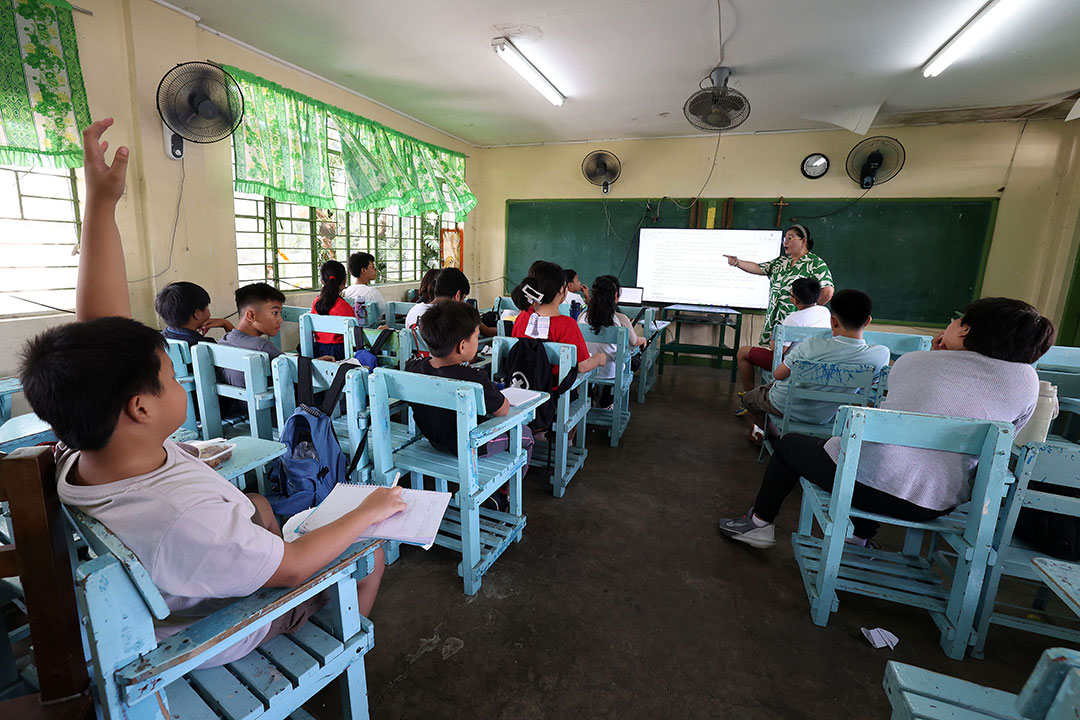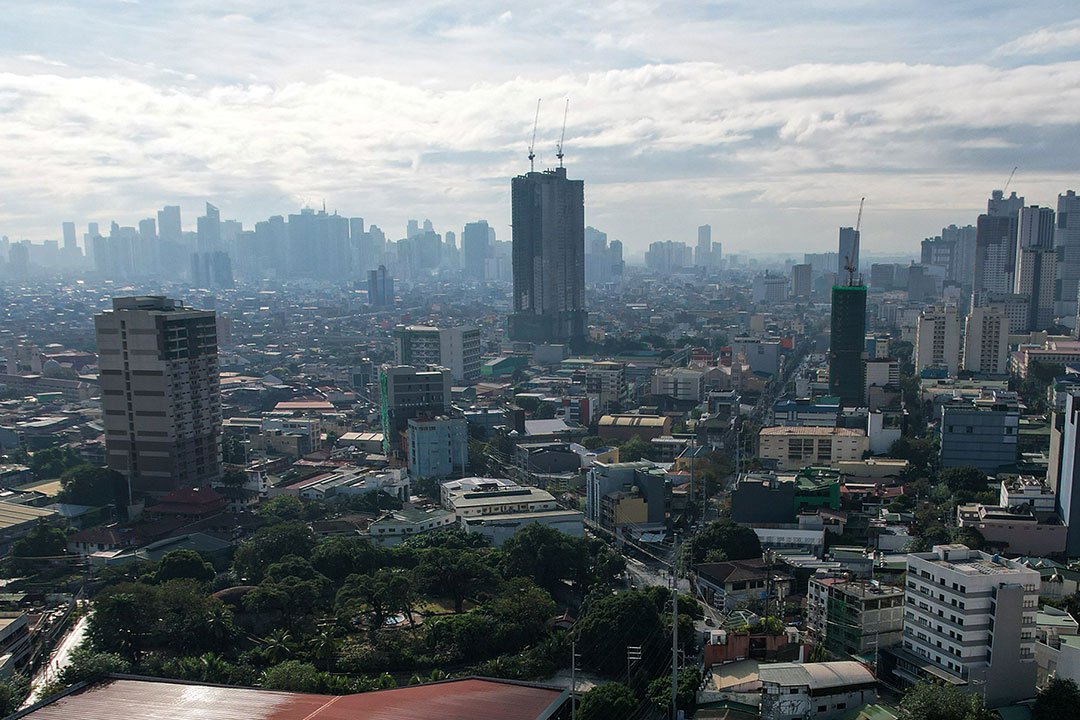
Upgrade to High-Speed Internet for only ₱1499/month!
Enjoy up to 100 Mbps fiber broadband, perfect for browsing, streaming, and gaming.
Visit Suniway.ph to learn
 PHILIPPINE STAR/MIGUEL DE GUZMAN
PHILIPPINE STAR/MIGUEL DE GUZMANSchools are not just centers of academic instruction. Years spent in school play a vital role in shaping a child’s character. As noted by the Supreme Court (SC) in the recently decided case of Mother Goose Special School System, Inc. v. Spouses Palaganas, G.R. No. 267331 (2025 Mother Goose Case), every parent who entrusts their child to a learning institution does so with the assurance that the school, owing to its obligation not only to provide but also to maintain a safe learning environment, will protect the child from harm to support his learning.
In the 2025 Mother Goose Case, the school was held monetarily liable for damages in the amount of P650,000 over a bullying incident on its premises. Rhys, a student at Mother Goose, was physically assaulted by classmates Noel and Mark. Reports to school officials led to no action and, despite their admission, Noel and Mark faced no consequences. Calls for investigation also resulted in inaccuracies in the school’s report, with the school downplaying the incident as a “form of teasing” and describing it as “natural and part of the growing up process.”
The SC, in finding the school liable, explained that Mother Goose’s liability arose from breaching its contractual obligation to provide and maintain a safe learning environment for its students (culpa contractual). Citing the landmark case of Philippine School of Business Administration v. CA, G.R. No. 84698, the SC explained that when an academic institution accepts students for enrollment, there is established a contract between them, resulting in bilateral obligations — for its part, the school undertakes to provide education to equip the student with the necessary skills to pursue higher education or a profession; on the other hand, the student commits to abide by the school’s academic requirements and rules and regulations.
Accordingly, academic institutions have a “built-in” obligation of providing “a conducive atmosphere for learning.” This includes providing adequate steps to maintain peace and order within the campus premises. While a school is not an insurer of all risks, it must still demonstrate its lack of negligence. Unfortunately, however, Mother Goose was evidently negligent in performing its obligation. Most telling is its own admission that it lacked a protocol in addressing incidents between students which explains why its teachers were unprepared to respond appropriately.
Consistent therewith, the SC, in the 2004 case of Khristine Rea M. Regino v. Pangasinan Colleges of Science and Technology (Rea), G.R. No. 156109, likewise ruled that upon enrollment, students and their school enter upon a reciprocal contract. Citing Alcuaz v. PSBA, G.R. No. 76353, the Court explained the “termination of contract theory” where the school-student contract subsists only for the semester during which the student is enrolled. This was modified two years later in Non v. Dames II (Non), G.R. No. 89317, where it was ruled that the contractual relationship between the school and the student is “not only semestral in duration, but for the entire period the latter are expected to complete it.”
The school’s obligation to its students was also discussed in Magtibay v. Garcia, G.R. No. L-28971, and Licup v. University of San Carlos, G.R. No. 85839, in which the Court held that, barring any violation of the rules on the part of the students, an institution of higher learning has a contractual obligation to afford its students a fair opportunity to complete the course they seek to pursue.
In these cases, the SC consistently ruled that the contract between an educational institution and its students is by no means an ordinary one. In both Rea and Non, it was stressed that the school-student contract is imbued with public interest, considering the high priority given by the 1987 Constitution (Article XIV) to education and the grant to the State of supervisory and regulatory powers over all educational institutions.
In the 2021 case of St. Benedict Childhood Education Centre, Inc. v. San Jose, G.R. No. 225991, the SC also upheld a school’s dismissal of a teacher after she scolded a student in public which lead to said student being bullied by his classmates. When confronted by the parents, the teacher refused to listen and denied any wrongdoing. In upholding the teacher’s dismissal, the SC, likening her conduct to child abuse, discussed how a teacher, as the representative of the school, had the foremost responsibility to promote the welfare of her students. In citing the Code of Ethics of Professional Teachers, the SC also emphasized that a teacher “must always maintain cordial relations with students’ parents” and “must hear their complaints with sympathy and understanding.”
These jurisprudential precedents underscore the legal duty incumbent upon educational institutions, including their administrators and faculty, to maintain an environment conducive to learning — one that affords students a fair and reasonable opportunity to acquire essential knowledge, values, and life skills necessary for their holistic development and future endeavors. Significantly, these decisions also illustrate that a breach of such duty may give rise to substantial legal consequences, including the imposition of civil liability by way of damages or the administrative sanction of suspension of a school’s permit to operate.
The views and opinions expressed in this article are those of the author. This article is for general informational and educational purposes only and not offered as and does not constitute legal advice or legal opinion.
Chrisha Ver R. Romano-Weigel is an associate of the Litigation and Dispute Resolution Department of the Angara Abello Concepcion Regala & Cruz Law Offices (ACCRALAW).
(632) 8830-8000




